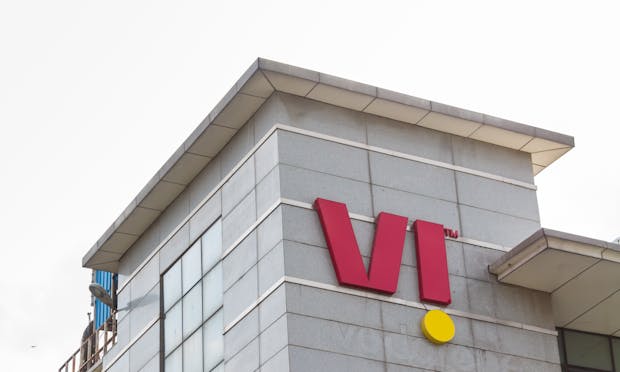Vi called, the government answered

Vi called, the government answered
Vi called, the government answered
at the beginning of September, the Vodafone-Idea (Vi) stock was trading at ₹6/share. last week, it was at nearly twice that amount, hitting a peak of ₹11.85/share. meanwhile, the share price of Airtel which began the month at a lifetime high of around ₹660/share climbed a further 10% to ₹726/share. the share price of Reliance Industries, the parent company of Jio, also hovered around its lifetime high of ₹2,480/share last week.
the common trigger for all three? the relief package for the telecom sector which was approved by the cabinet on September 15.
what’s the deal?
the most important provision under the package is perhaps the four-year moratorium on Aggregated Gross Revenue (AGR) dues owed by the telecom operators. this is the latest twist in a battle between them and the Department of Telecom which has been ongoing since 2005. the definition of AGR has also been changed to exclude non-telecom revenue, which is a major relief to the operators.
what’s more, 100% FDI will now be allowed through the automatic route in the telecom sector. this will make raising investment easier. further, the operators will now be allowed to share their spectrum. this allows them to monetise the allocated but unutilised bandwidth.
how does it impact the players?
the biggest benefactor is Vi, which owes nearly ₹55,000 crore as AGR dues — part of its overall debt of ₹1.8 lakh crore. the relief package will allow it to balance out its cash flow in the immediate term, and regain a position from where it can clear the dues in the future. this paves the way for a 3 (Airtel, Jio, Vodafone) + 1 (BSNL) structure in the sector, as a big picture.
one might think that Airtel and Jio (which owe no retrospective dues themselves) might be upset at this move. their virtual duopoly over the sector is now likely to get disrupted. but the changed definition of AGR and other steps are likely to increase their earnings. they will also find it easier to attract overseas investment in the future.
the package also provides some degree of relief to Anil Ambani’s RCom (₹ 24,194 crore AGR dues), the Tata Group (₹12,601 crore), and Aircel (₹12,389 crore).
overall, the measure is expected to increase the penetration of 4G services and telecom infrastructure deeper into India. healthy competition, after all, is the foundation of progress.



